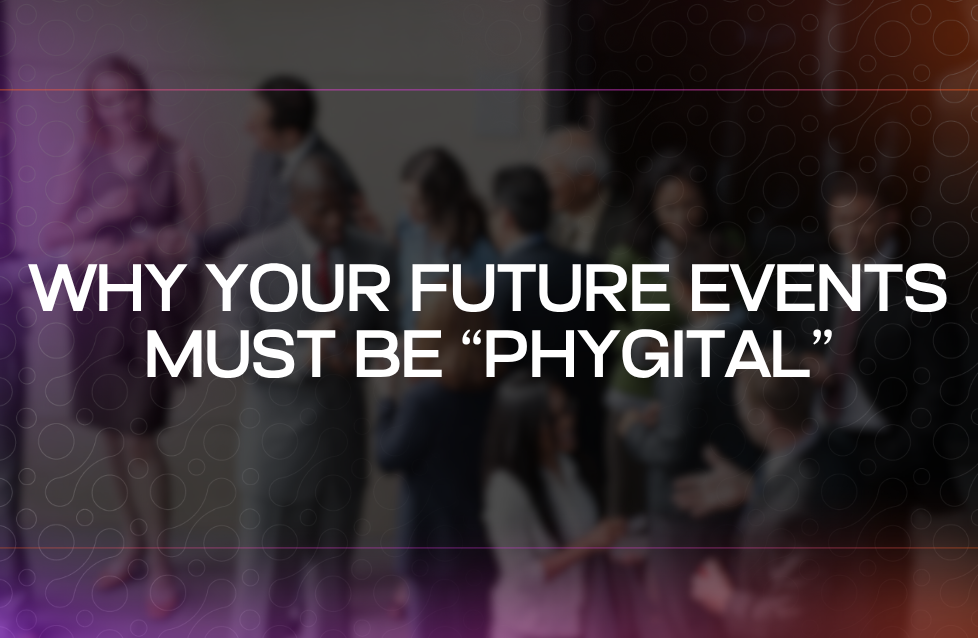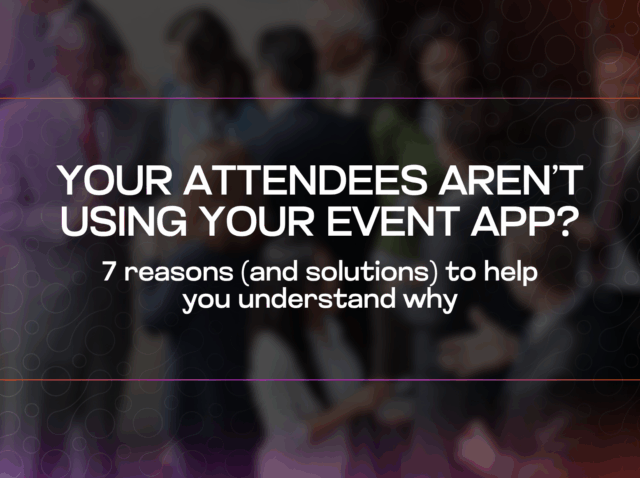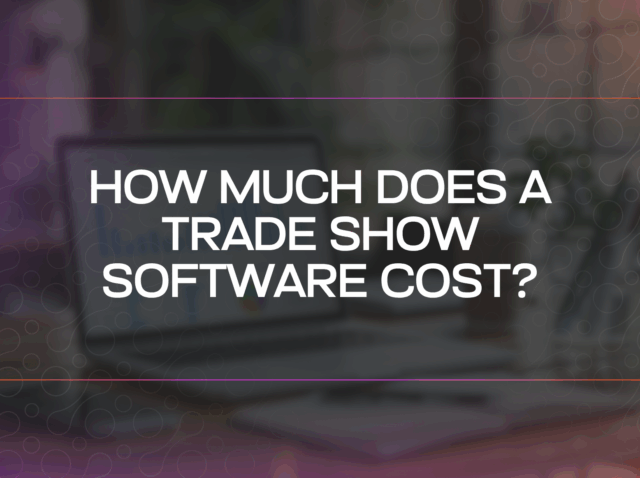The term phygital connects the offline and online worlds — and it will define the future of events.
Future events must be phygital, as this approach merges the physical environment with the digital one. In other words, it combines the best of both worlds to create a more complete and engaging customer experience.
From the digital realm, phygital experiences capture speed, immediacy, and immersion. From the physical world, they offer the ability to interact with people, products, and environments. This combination is the ideal solution for today’s demanding, hyperconnected consumers who expect to fulfill their needs seamlessly across multiple platforms.
The Rise of the Phygital Experience
According to a study by IAB Spain, in 2020, 72% of internet users made online purchases. However, data shows that the best results come from combining online and offline sales.
Specifically, 52% of respondents used both channels, while future projections indicate that 78% will do so, compared to just 13% who will buy only in physical stores and 9% who will purchase exclusively online.
This data, along with the very nature of the phygital phenomenon, clearly shows that the future of events will also be shaped by this hybrid trend.
Phygital Reality: A Key Global Trend
Euromonitor International, a London-based market research company, included “Phygital Reality” among its Top 10 Global Consumer Trends for 2021, offering key insights for the event industry.
Euromonitor defines Phygital Reality as a hybrid of physical and virtual worlds where consumers can live, work, shop, and play seamlessly — both in-person and online.
The report provides an important takeaway for event organizers:
“Companies can develop a phygital reality strategy by using apps to facilitate virtual experiences on-site and by partnering with technology providers to recreate in-person moments at home. Businesses that deliver safe and memorable experiences across multiple methods and platforms will build stronger customer loyalty.”
Hybrid Strategies for Modern Attendees
The phygital strategy also allows event professionals to respond effectively to new audience behaviors. Today’s consumers expect 24/7 service culture, which means having tools like a chatbot to answer FAQs about the event is essential.
Euromonitor’s research also revealed key insights for the event sector:
“In 2020, 37% of consumers shared their data to receive personalized and targeted offers. More precise marketing through social media and gaming will be critical for companies. Virtual experiences will remain relevant, and businesses will fall behind if they ignore these opportunities for growth and brand awareness.”
In short, consumers are increasingly willing to share personal data in exchange for tailored experiences. Event organizers should leverage this information to enhance engagement and personalization throughout the attendee journey.
(To explore more on this topic, read also: “How Data Analysis Will Shape the Future of the Event Market.”)
The Future of Events Is Phygital
In conclusion, the phygital approach will define the future of both the consumer experience and the event industry.
Adopting a robust online platform that ensures a smooth, hybrid participation — such as LetzFair — will be essential for customer loyalty and the long-term growth of event organizers.







